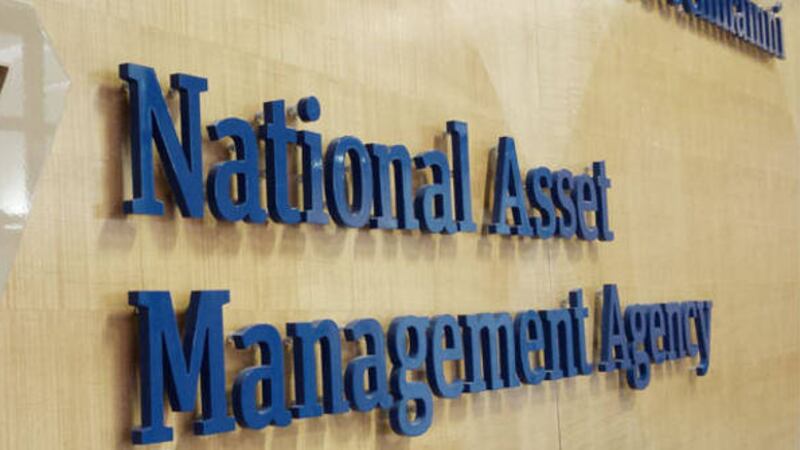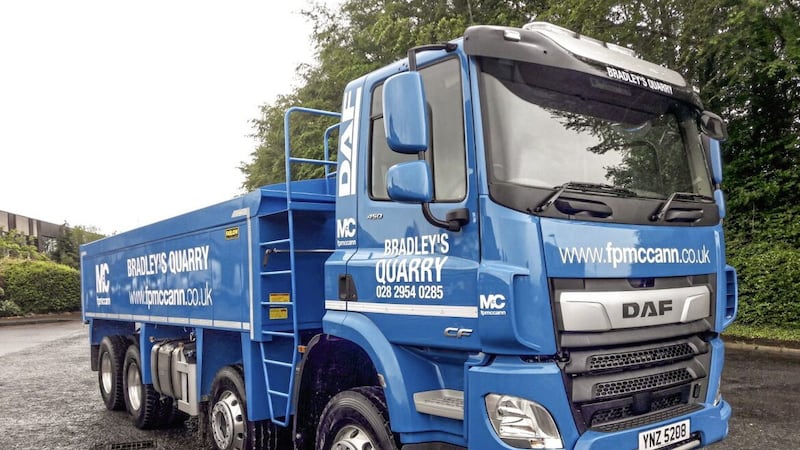IN Shakespeare’s Hamlet, Lord Polonius counsels his hotheaded son Laertes who is about to embark on a gentleman’s education and cautions him that lending money to friends is risky –‘Never a borrower or lender be, for loan oft loses both itself and friend, and borrowing dulls the edge of husbandry’.
Perhaps very sound advice but I’m sure at some stage in life you have borrowed money even if it was a simple oversight where you forget your wallet or purse and you found yourself asking a friend or business colleague for money to pay for a coffee.
In business borrowing money is a very different issue. It is borrowed for all sorts of valid and judicious reasons; to grow the business, start up costs have to be paid; working capital required to keep cash flowing, and to reduce the personal risk.
The last seven years has seen some of the most harsh economic times endured by business, but borrowing and lending as it is for the majority of businesses has in the main been in good faith.
Today businesses, particularly in the real estate and property sectors, have found themselves in uncharted territory with their banks loans sold and knowing little of what the future might hold.
In the first eight months of this year loan sales continued to be big news in both the UK and Ireland. In July Ulster Bank completed the sale of Project Finn – another £1.3 billion of property loans now officially off their books.
This was followed by the news that Nama continue to wind down their portfolio by short-listing three investors for their largest trade to date, Project Arrow. This book comprises of €7.2bn of non-performing loan portfolios, which is expected to trade in the region of €1bn in October of this year.
Cerberus Capital Management, which is well known in the north of Ireland, has again shown its intent in this space by making the short-list along with Goldman Sachs and Carvals in a joint bid with Apollo also in the mix.
Selling loans is a great way for banks to get their balance sheets in order in a very short timeframe. We all understand this must happen for them to be in a position to lend again and certainly in the last few months we have seen some evidence that the banks are again now looking to lend money again.
However one group of people who I feel has largely been ignored in this exercise are the actual borrowers who are responsible for the loans.
It is now very clear that there was little to no duty of care shown to any of the borrowers whose loans have been sold by any of the banks and although not surprising, it is still very bad form at best. The result being there are now hundreds of businesses in the country with no bank to support them and literally struggling to get by month on month.
So what actually happens if your loan has been sold?
Typically the investor’s service provider will contact you and invite you to a meeting and advise you of the process. In that meeting you will be asked to prepare a proposal in how you propose to settle all of the debt. Not some of the debt, not what your accountant thinks is enough money for the debt, all of the debt. You will then need a capital partner to provide you with finance if you want to retain your portfolio and your business.
The real problem comes if you cannot find a capital partner and or you don’t hit the number that the new owner of your loan is looking for.
This is a very new space for businesses in Northern Ireland and it’s vital you take advice from experts in this field who have delivered successful outcomes for people who are unfortunate enough to find themselves in this position.
GDP Capital is one such platform set up to help borrowers refinance away from private equity companies. Over the last 18 months we have been working hard to form relationships with new capital partners both in the UK and USA, who are willing to get involved and invest in good and valid propositions.
In 2015 we have already had a number of successful outcomes and anticipate a very active thirty-six months facilitating people who need new finance partners.
The starting point is always to educate yourself around the process, and then you can progress matters. I'm hopeful that our banks can play a role in this process but they will need some help from mezzanine and equity funders. That I feel will be the real challenge facing borrowers.
Incidentally, in the days when Hamlet was first staged, borrowing was epidemic among the gentry, who sometimes neglected husbandry to the point where they were selling off their estates piece by piece to maintain an ostentatious lifestyle in London.
Perhaps we don’t see ostentatious lifestyles but if borrowers don’t take action, assets will be sold piece by piece.
:: Conor Devine (conor@gdpni.com) is principal of GDP Partnership, which specialises in mediating with banks.







